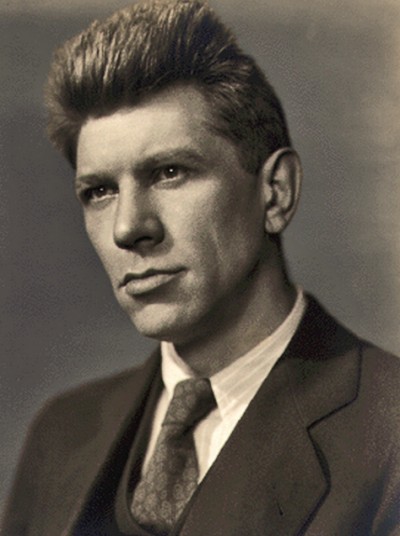
Below, Harold Ross, the founder of The New Yorker, writes to cartoonist Ralph Barton, who sometimes contributed to the magazine. This letter was written three years before Barton’s suicide—the culmination of a bout of manic-depression that he attributed to his divorce from the actress Carlotta Monterey several years prior. She would marry the playwright Eugene O’Neill in 1929. Ross was himself married and divorced three times, reportedly telling a friend, “I’m married to this magazine. It’s all I think about.”
Wednesday 27 June 1928
Dear Ralph,
I was on the brink of writing you when your letter came—this morning—telling me about your latest predicament. I knew, of course, that you had reached some conclusion as this. You are a creative soul and therefore a restless soul; therefore, a damn fool. I would leave this to any fair-minded banker. I wish I were a banker. I also wish I were Henry Ford or anybody who can accept the church, the government, conventions, and all those things.
I also had house trouble. I am thinking of burning the damn thing down. The insurance would net a tidy bit of cash and would enable me to get a room somewhere and fit up what I really ought to have. I am not competent to manage more space than this. I would be if I were a fairy. Fairies are the happiest people there are. All editors ought to be fairies. I fuss around with commas, semi-colons, dictionaries, and wordings, and it drives me crazy. I am too virile. I ought to be building subways. I was thinking of going to the North Pole with the Byrd expedition but that would take a year or two and I can spare, at most, only two months. It probably would be a bore anyhow. All life is a bore if you think at all…
As ever,
Ross
From Letters from the Editor: The New Yorker’s Harold Ross. New York: Modern Library, 2009, pp. 38-39.
FURTHER READING
Read John Updike’s analysis of Ralph Barton’s work and illness, for The New Yorker in 1989 (free article).
Read the history of Harold Ross’ struggle to convince Ernest Hemingway to publish a piece with The New Yorker.
Watch a short documentary about the Algonquin Round Table, the famous daily gathering of literary greats such as Harold Ross, Dorothy Parker, Robert E. Sherwood and Ernest Hemingway.


